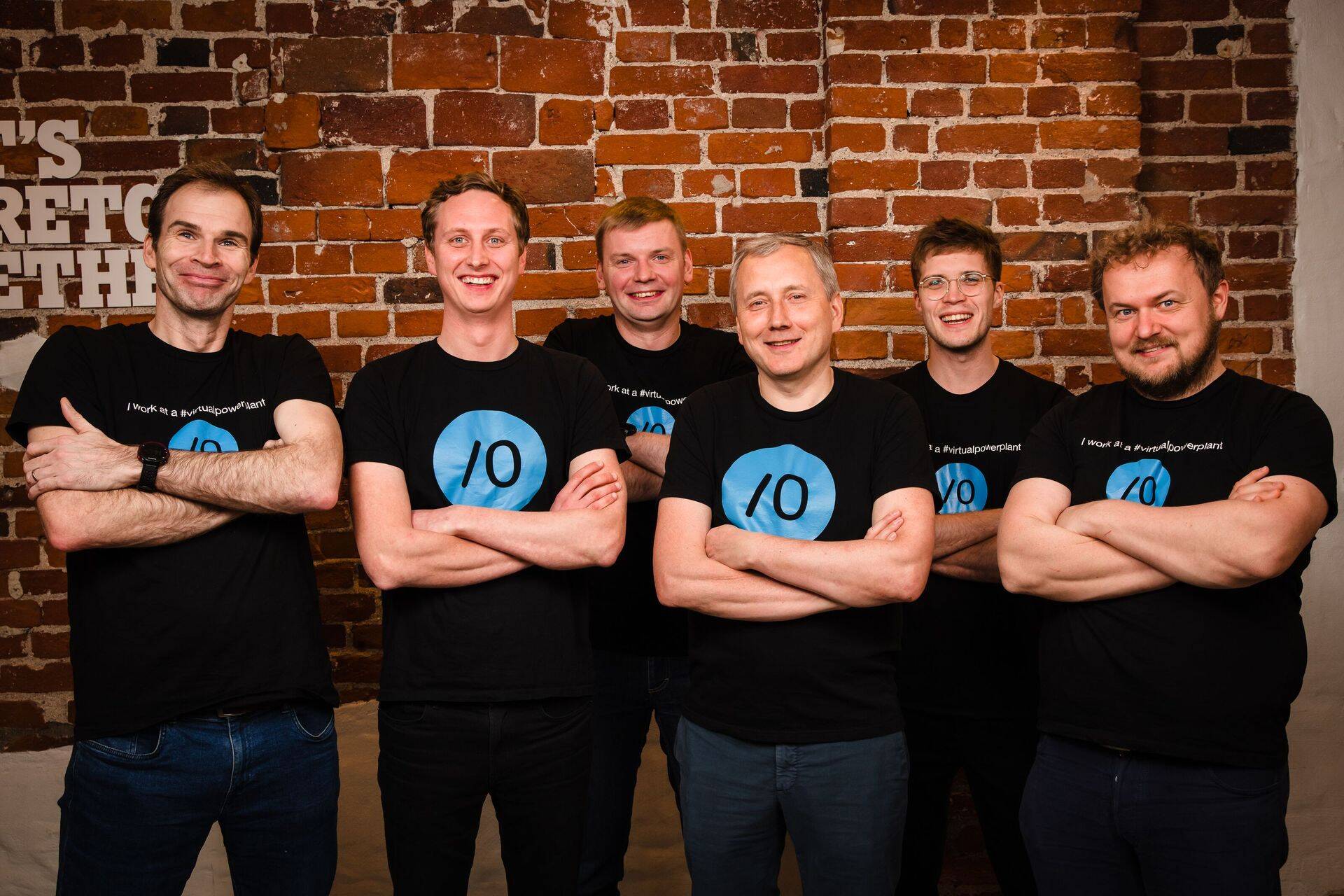Tähelepanu! Artikkel on enam kui 5 aastat vana ning kuulub väljaande digitaalsesse arhiivi. Väljaanne ei uuenda ega kaasajasta arhiveeritud sisu, mistõttu võib olla vajalik kaasaegsete allikatega tutvumine
Gridio Among The Best CleanTech Growth Companies In The World
Virtual power plant platform Gridio was voted one of the best in the Free Electrons program by ten of the world's leading energy companies. Decision makers included Japan's leading energy company TEPCO, CLP from Hong Kong, American Electric Power from the US and Innogy from Germany.
According to Konrad Hanschmidt, co-founder and CEO of Gridio, Free Electrons is the most prestigious energy startup program in the world. "The fact that ten leading energy companies chose us as one of the best and with their support we can further develop our technology gave us assurance that Gridio's virtual power plant technology is in growing demand," he said.
Gridio technology combines home electrical appliances such as water heaters, electric car chargers and air pumps into a virtual power station, helping to balance the power grid and thereby generate additional income for homes. Gridio raised an investment round last year and is now heavily focused on working with electricity companies in Finland, with which the first home customers were connected in January this year. According to Hanschmidt, Gridio's partners have been very satisfied with the technology so far, and there are plans to add 100 households to Gridio by mid-April.
The current global crisis caused by the spread of COVID-19 affects all business sectors, but when looking at the effects of the 2008 economic crisis, many cleantech companies came out as winners, because tackling climate issues laid the foundations for major infrastructure developments. "We expect that even at the end of this crisis, especially as climate issues are at the heart of society, we will see companies in the cleantech energy sector get a boost," he added.
Hanschmidt's experience from the Free Electronics program so far is that cleantech companies want to continue with green innovation. "Innovation will not stop here - all energy companies need to develop climate-friendly business models as a matter of urgency, and Gridio technology can play an important role in this, especially to bring more renewable energy into the grid," said Sandor Liive, co-founder of Gridio.
The next phase for Gridio is preparing for market entry with the energy companies participating in the program – a period of focus on product development, especially software development. So this period may become even more effective than before the crisis, according to Hanschmidt. "At the moment we do not see supply chain problems for next year, but if the crisis will last for a very long time, e.g. more than a year, then we might have to adjust our supply chain, if necessary," he said.
The Free Electronics Electronics bootcamp, which was to be held in Singapore, was conducted virtually and, according to Hanschmidt, presentations, socializing, and even the after-work drinks took place via webcams.
A total of more than 850 growth companies from 86 countries applied for the Free Electrons program, with 36 participants initially selected and after a week, finally the top 15. Other selected companies are developing for example solar technologies as well as electric car navigation devices. Finalists in the Free Electrons program may get the opportunity to attract investments from the venture capital funds of the energy companies.
...
FoundME is inviting you on board of a weekly newsletter that will bring you the news and opinion stories from the Estonian startup scene. - Subscribe to FoundME newsletter HERE!
Seotud lood
Iga idu saab alguse ideest. Aga esimene asi, mida teised märkavad, pole sinu pitch deck ega MVP – vaid domeen. See on sinu startup’i esimene pitch. See on see, millega astud oma tiimi ette Slackis, jagad ideed angel investorile LinkedInis või paned selle Product Huntis avalikuks. Kui domeen kõlab nõrgalt, kõlab nõrgalt ka idee.
Enimloetud
5
Viimased uudised
Hetkel kuum
Liitu uudiskirjaga
Telli uudiskiri ning saad oma postkasti päeva olulisemad uudised.
Tagasi FoundMe esilehele










